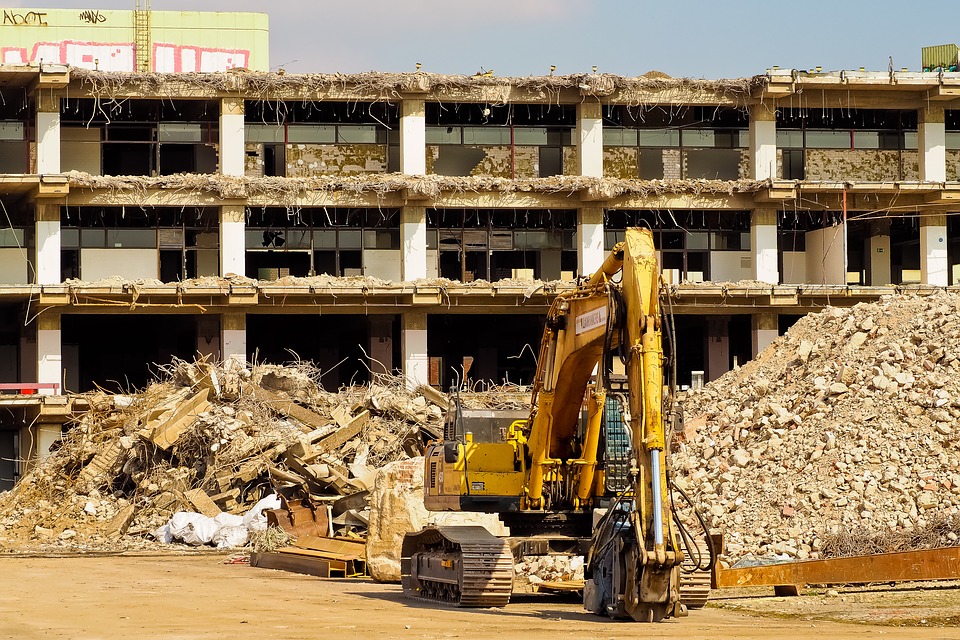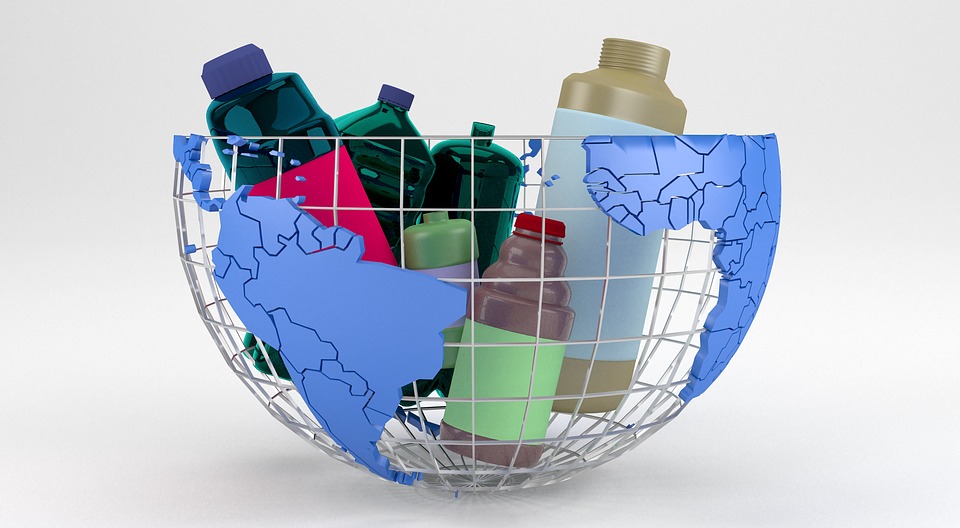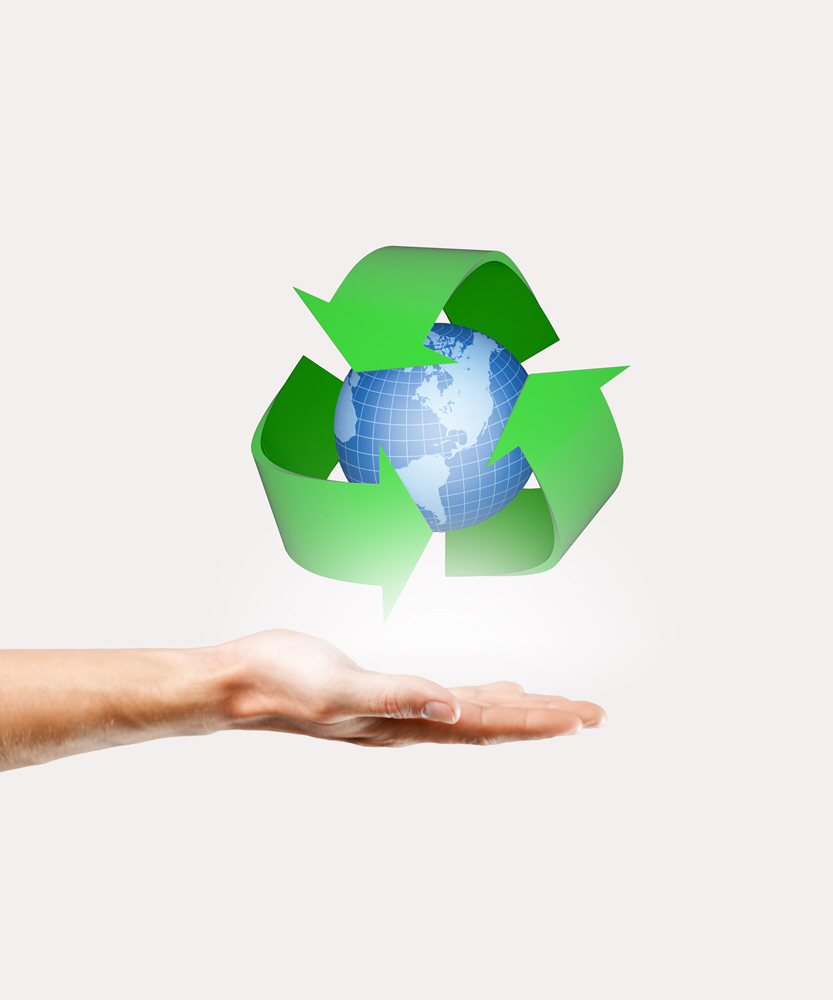Canada has many plastic polluters, including some of the world’s biggest plastic-producing corporations. Compiling 2018’s list of top plastic polluters in Canada, some names you might recognize and other names you may not have guessed.
 |
Who are Canada’s Top Plastic Polluters in 2018 – read here! |
Recently compiled by Greenpeace, auditing Canada’s top plastic polluting brans revealed several things. Cleaning up Canada’s shorelines, five companies’ products were found in great quantities. Nestle, Tim Hortons, McDonald’s, PepsiCo, and the Coca-Cola Company were those names.
Despite the recyclability of plastic bottles and similar packaging materials, so much plastic still ends up in Canada’s waterways. Greenpeace’s Break Free from Plastic campaign launched an assessment of more than 10,000 litres of plastic garbage, ranging from food wrappers to bottles and plastic-lined coffee cups. This garbage was procured from cities like Vancouver, Toronto, Montreal, and Halifax. Though Nestle, Tim Hortons, McDonald’s, PepsiCo, and Coca-Cola may seem like the ones to blame, some are looking towards consumers and their knowledge. For example, in the past, as cleanups were completed one day, the next day just as much plastic ends up washed up in Canadian waters and shores.
Whether the companies are the ones to blame or the consumers is a matter for debate. Environmental organizations continue to associate responsibility to the companies for not using bio-degradable packaging. The top 10 plastic items found in Canadian waters included food wrappers, plastic bottles, cups, bottle caps, shopping bags, lids, straws, stirrers, cutlery, and containers. Though other garbage ends up in Canada’s waters, the vast majority of it is plastic – most of it branded with the company names mentioned above. Subsequently, a company like Nestle ended up having multiple branded products found in the audit, including ice cream cones, Aero chocolate bars, Coffee Crisp chocolate bars, and bottled water brands.
Some of the other names found in the audit outside of the big give include Danone, Mondelez International, Procter & Gamble, Unilever, Perfetti van Melle, Mars Incorporated, and Colgate-Palmolive.
All of the companies mentioned have different strategies towards their plastic use, ranging from Tim Hortons considering a new, more environmentally-friendly packaging strategy to companies like Nestle who are putting the impetus on the consumer to manage their own waste effectively and for municipalities to erect the necessary infrastructure to accommodate this waste.
Companies like Nestle have also made commitments to changing their packaging to make plastic reusable or recyclable and/or by considering alternative methods.
Though this is all well and good, environmental activist organizations like Greenpeace argue that trash found from audits like these are usually disposed of properly. How they end up in waterways comes from neglect, wind, or storms.
All of this information that has been gathered in this audit continues to push us towards a future where single-use plastics move to the past. Today, we continue to see companies looking to change, consumers better at waste disposal, and infrastructure improvements slowly being made.
At Core Mini Bins, environmental sustainability is important to us. Concepts like zero waste, waste diversion, and recycling have become key center points of our vision. If you are a small business or commercial space looking to improve your waste management, garbage removal, or recycling practices in Toronto, we would be happy to assist. Speak with a representative and we would be happy to connect you to the appropriate solutions.











